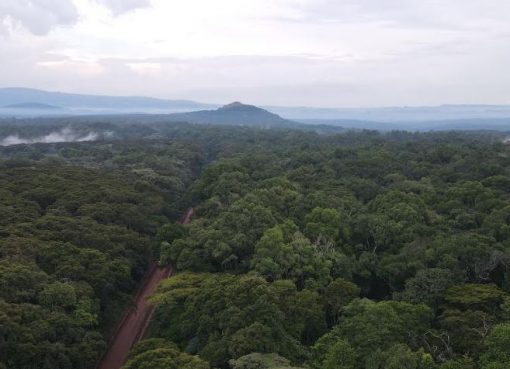The National Museum of Kenya (NMK) plans to partially re-open its activities that were halted following the COVID-19 pandemic.
According to a letter addressed to the staff by the NMK Director General, Mzalendo Kibunjia, the state corporation is considering partial re-opening of all its activities on June 2 but strictly adhering to Ministry of Health Covid-19 protocols.
“All staff who were on lockdown observing the Presidential directive should make arrangements to report back to work stations on the aforementioned date,” said Dr. Kibunjia.
The letter dated May 18 also urged the staff to continue taking all necessary precautions in fighting the pandemic.
NMK had on March 18 suspended some of the key operations, including the closure of the historical Fort Jesus Museum in Mombasa and all other monuments countrywide.
The body which is in charge of museums and monuments in the country also arranged for its employees to work in shifts to avoid physical contact.
During an interview with Kenya News Agency in Mombasa earlier, Assistant Director of Museums and Monuments (Coast) Athman Hussein said, “We have taken this decision to support the government efforts to control further spread of the disease.”
The Fort Jesus Museum which is a key tourist attraction site and other monuments such as Vasco Da Gama Pillar and Gede Ruins in Malindi and Taqwa Ruins in Lamu were closed as the global coronavirus outbreak caused panic across the world.
Hussein said this had a negative impact on NMK but a necessary move in order to protect the lives of not only its staff but also nearby residents, visitors and other stakeholders.
Before the outbreak of the Covid-19 pandemic, the NMK had embarked on several improvement projects, including the construction of Sh.490 million seawall to protect the foundation of Fort Jesus Museum in Mombasa which was facing imminent collapse due to coastal flooding and erosion.
By Mohamed Hassan





